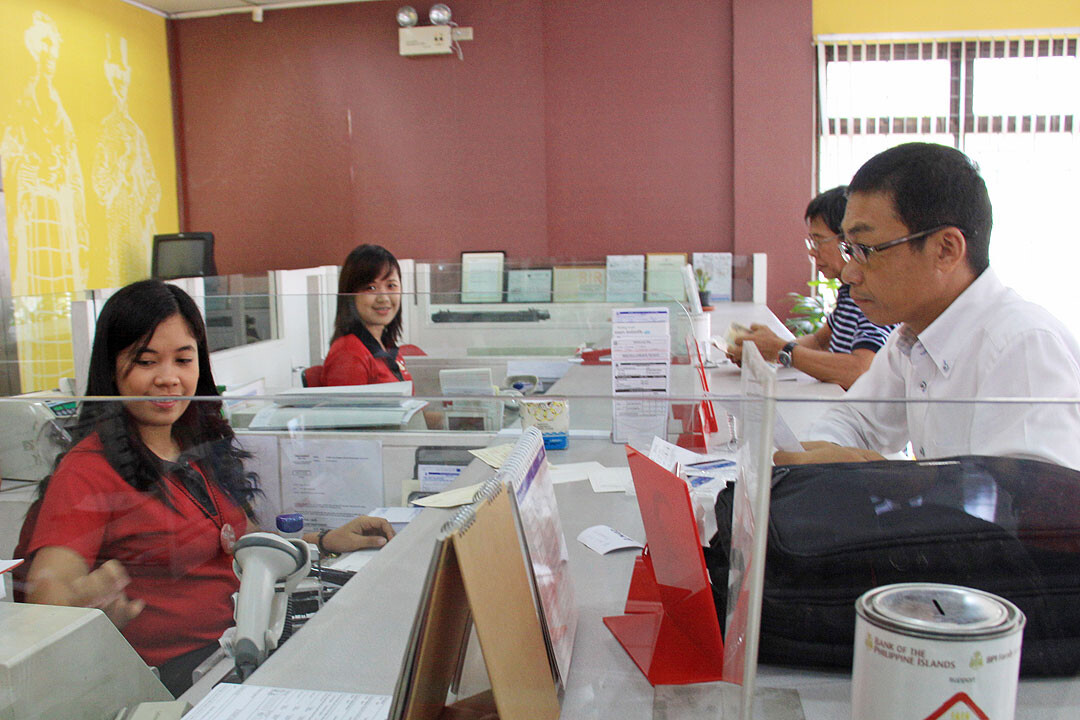
MANILA - The Philippines has successfully exited the Financial Action Task Force's (FATF) "grey list" after demonstrating significant progress in its fight against money laundering and terrorism financing, according to the International Monetary Fund (IMF).
The FATF, a global watchdog, confirmed in October that the Philippines had completed its action plan to address deficiencies that had placed the country under increased monitoring since June 2021. This achievement is a significant step forward for the country's financial integrity.
Key areas of progress include:
Strengthened Supervision: Enhanced oversight of Designated Non-Financial Businesses and Professions (DNFBPs), such as casinos, to mitigate money laundering risks associated with activities like junket operations.
Improved Registration: Implementation of new registration requirements for Money or Value Transfer Services and sanctions against unregistered operators.
Enhanced Law Enforcement: Increased access to beneficial ownership information for law enforcement authorities, along with improved investigations and prosecutions of money laundering and terrorism financing cases.
Non-Profit Sector: Implementation of measures to address money laundering and terrorism financing risks within the non-profit sector.
Despite this progress, the IMF emphasized the importance of continued vigilance. "Keeping up with evolving FATF requirements will be important in the context of the next mutual evaluation in 2027," the IMF stated.
Reforming Bank Secrecy Law:
The IMF also highlighted the need to reform the country's bank secrecy law. Such reforms would further enhance the effectiveness of anti-money laundering and counter-terrorism financing (AML/CFT) measures and strengthen the supervisory powers of the Bangko Sentral ng Pilipinas (BSP), the country's central bank.
Background:
The FATF "grey list" signifies increased monitoring for countries that have strategic AML/CFT deficiencies. Inclusion in the list can have significant economic consequences, such as increased scrutiny from international financial institutions and potential difficulties in accessing international capital markets.
Looking Ahead:
The Philippines' exit from the grey list is a significant achievement, but it underscores the ongoing need for robust AML/CFT frameworks. Continued vigilance, proactive reforms, and effective implementation of regulations will be crucial to maintain the country's progress in this area.
[Copyright (c) Global Economic Times. All Rights Reserved.]




























